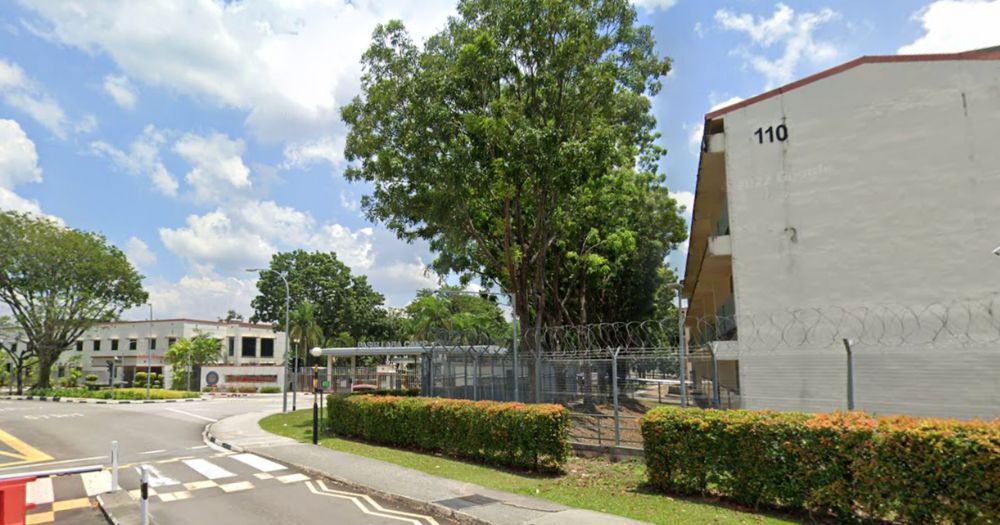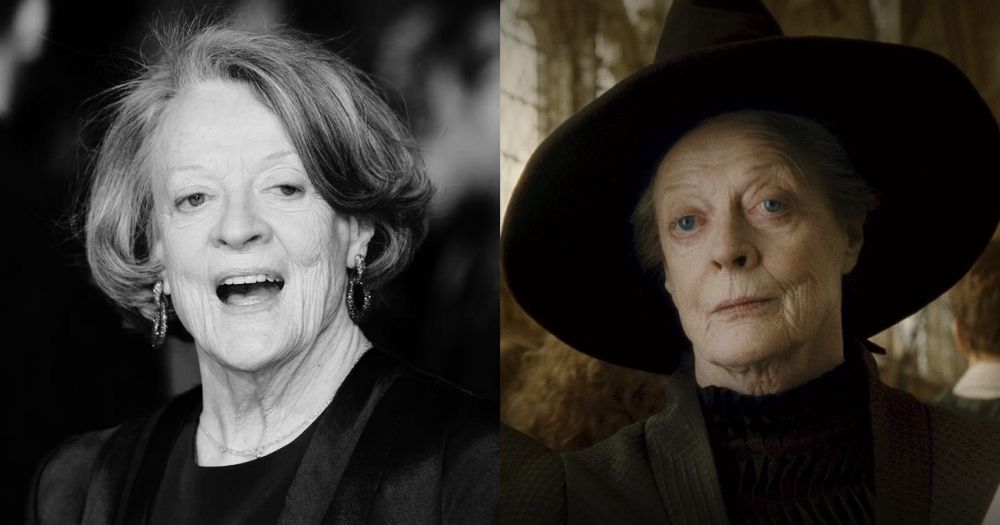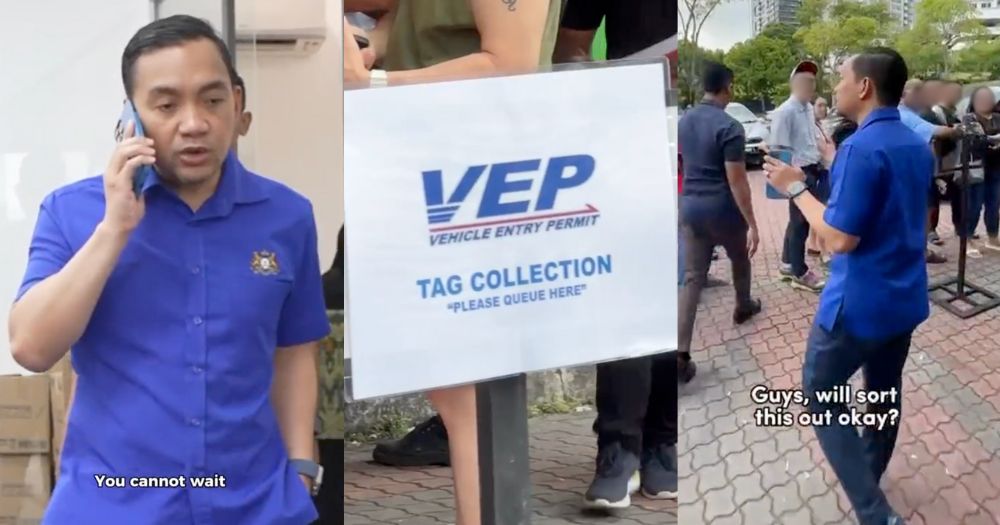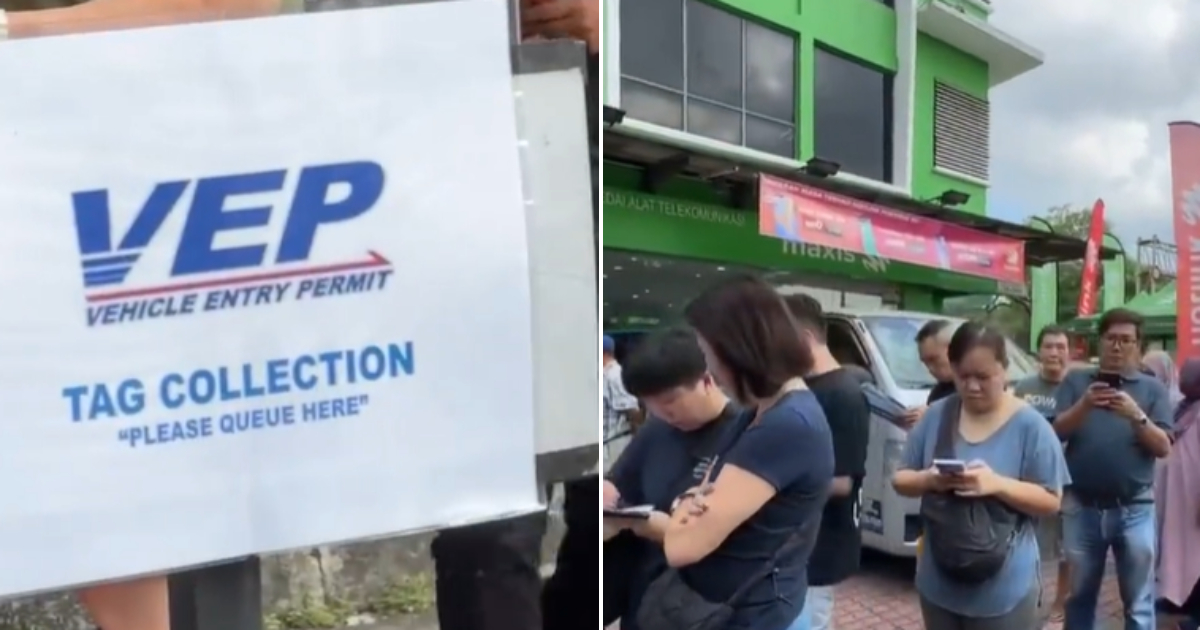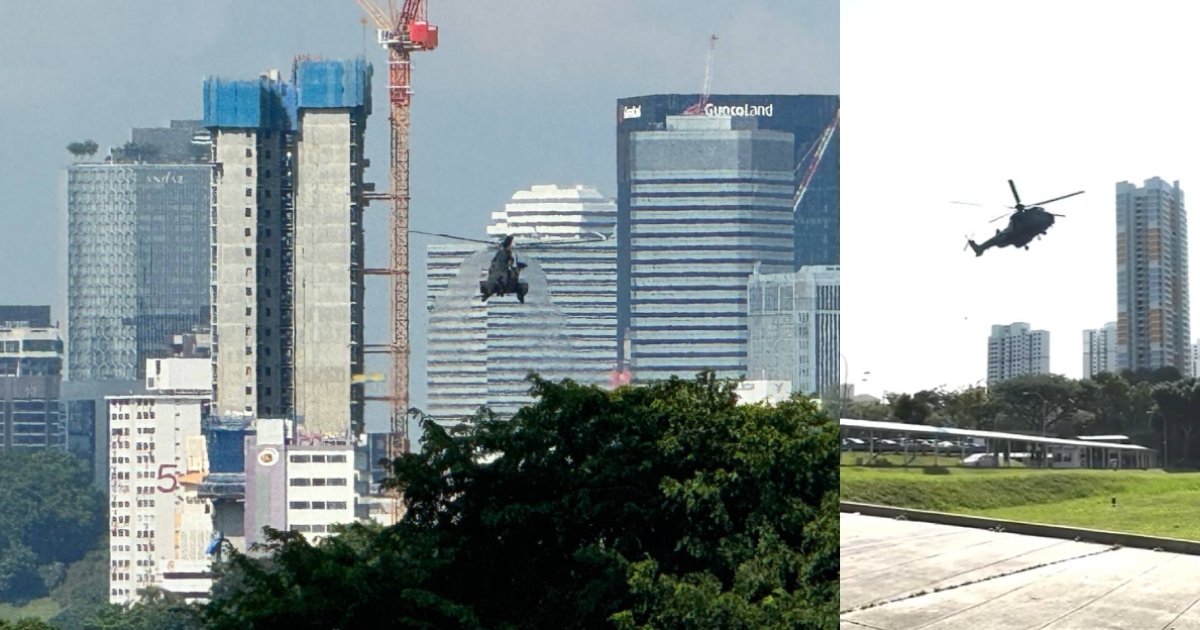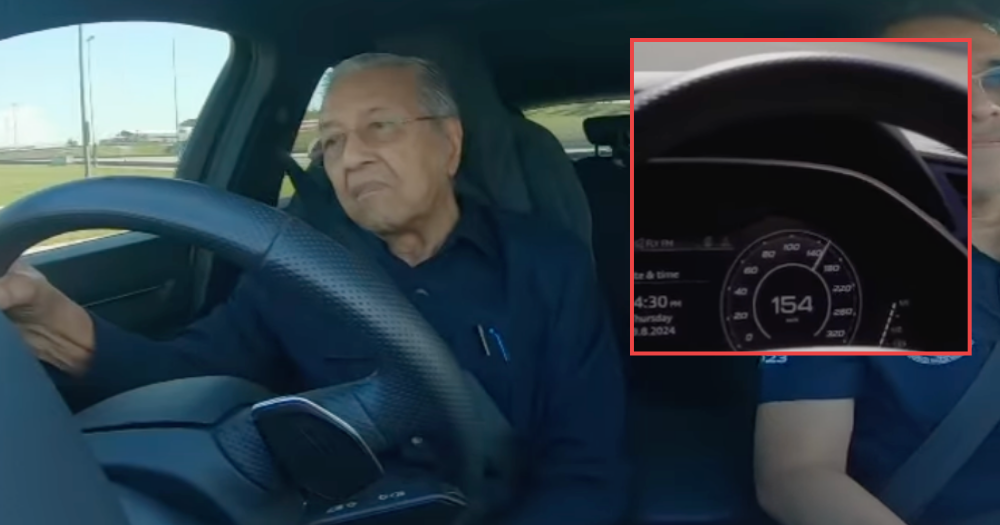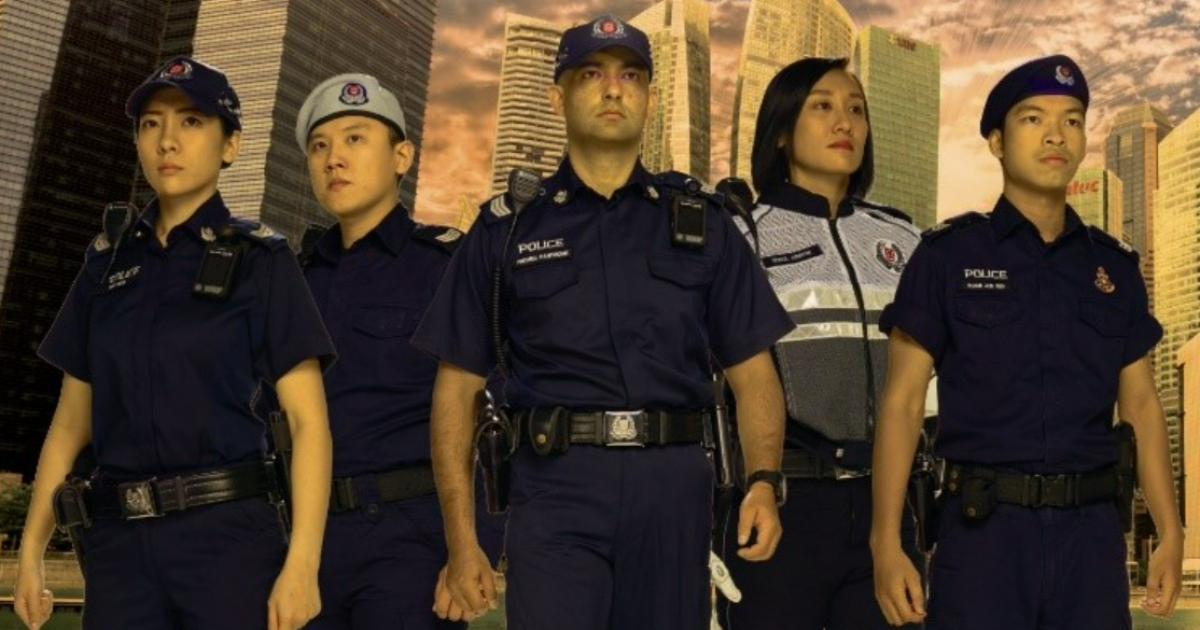'Electoral boundaries meant to serve interests of S'poreans, not political parties': Parliament debates issue ahead of next GE
“I trust all my public service officers have, whether they are in the EBRC or not, for them to discharge their duties without fear and favour,” Chan Chun Sing said.

The process of determining electoral boundaries is “fair and transparent” and is “meant to serve the interests of Singaporeans and not the interests of political parties”, said Chan Chun Sing, Minister for Education and Minister-in-charge of the Public Service on Aug 7.
He added that the Electoral Boundaries Review Committee (EBRC) is run by experienced members who work independently of political influence.
On behalf of the Prime Minister, Chan was addressing a parliamentary motion filed by Non-Constituency Member of Parliament (NCMP) Hazel Poa from the Progress Singapore Party (PSP) on Aug. 7, which called for the government to review the process by which electoral boundaries are determined.
The motion called on the government to review the process, "in order to increase the transparency and fairness of the electoral boundary review process for all political parties".
Electoral boundary reviews should be more transparent: Poa
In her speech, Poa said that she believes that the EBRC needs to make public the reasons why the boundaries of certain constituencies have changed while "others remain untouched".
She also said that EBRC reports have become shorter over the years and claimed that "suspicions of gerrymandering naturally surface and erode public trust".
Poa also asked Chan whether the EBRC had been convened yet, given that the upcoming general election has to be held by November 2025.
Government cannot agree with the motion: Chan
Chan said in response that the government cannot agree with the premise of the motion, as it suggested that the current boundary review process was not fair and rigged.
He insisted that the process is “meant to serve the interests of Singaporeans and not the interests of political parties”.
Diving into the specifics of how the EBRC functions, he emphasised that the committee is run by experienced members who work “independently and objectively”.
Chan added that the EBRC had not been convened thus far in 2024.
EBRC officials are impartial: Chan
Along with Poa, Leader of the Opposition Pritam Singh and fellow Workers' Party Member of Parliament (MP) Jamus Lim had also surfaced claims of gerrymandering in past electoral boundary reviews.
Singh brought up examples of Single Member Constituencies (SMCs) that had been through close electoral races but were later incorporated into Group Representation Constituencies (GRCs).
Lim suggested using a more scientifically sound approach for future reviews.
Singh called for PM Lawrence Wong to implement an impartial electoral boundaries system based on international best practices.
In his response, Chan emphasised that EBRC does not have access to voting information, and hence does not make its recommendation based on voting patterns.
He added that the EBRC does not consult the PAP or any other political party when making its decision.
Singh suggested that the EBRC be "more independent", such as being chaired by a high court judge, but Chan said that would only raise new questions about whether the new parties were impartial.
“I trust all my public service officers have, whether they are in the EBRC or not, for them to discharge their duties without fear and favour,” he said.
PSP NCMP Leong Mun Wai, among other suggestions, called for more compact constituencies. However, Chan explained that moving with such suggestions would mean asking the prime minister to give specific instructions rather than allowing them to work objectively.
Is there gerrymandering in Singapore?
Chan pointed out that in other countries, gerrymandering occurs when political parties manipulate boundaries to favour their supporters in specific areas, such as urban or rural areas or ethnic enclaves.
"But in Singapore, every electoral division is more or less a microcosm of our nation. This is a result of our urban planning, where we do not want to have racial or religious enclaves in Singapore, nor do we have a rural-urban divide," he said.
Chan added that the voter base does not remain in the same area every election, with some 200,000 electors changing their residential addresses annually.
He said these two factors "call into question any suggestion of the efficacy of attempts at gerrymandering".
Singh asked Chan if there is gerrymandering in Singapore, based on his definition.
Chan responded that he has explained what it looks like in other countries and will leave it to MPs and the public to decide whether it applies in Singapore’s context.
Singaporeans are "discerning voters"
Chan said in his speech that Singapore's electoral system is fair and transparent, and elections remain clean and fair.
He said that all political parties should not expect to keep or win seats because the boundaries are drawn one way or the other.
Chan added that Singaporeans are "discerning voters" and urged candidates to earn their trust with concrete actions "rather than thinking of excuses of not being able to do so".
"The government will oppose the motion, given its false premises and suggestions that the electoral boundary review process and our public officers who serve on it have not been transparent or fair, but we assure everyone that will continue to evolve our electoral processes to better serve Singapore and Singaporeans first and foremost," he concluded.
The motion did not pass as 10 opposition parliamentarians - eight WP MPs and two PSP NCMPs voted for it, but 76 voted against it.
Top images via MDDI and ELD/Facebook
MORE STORIES







